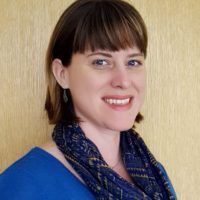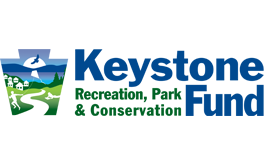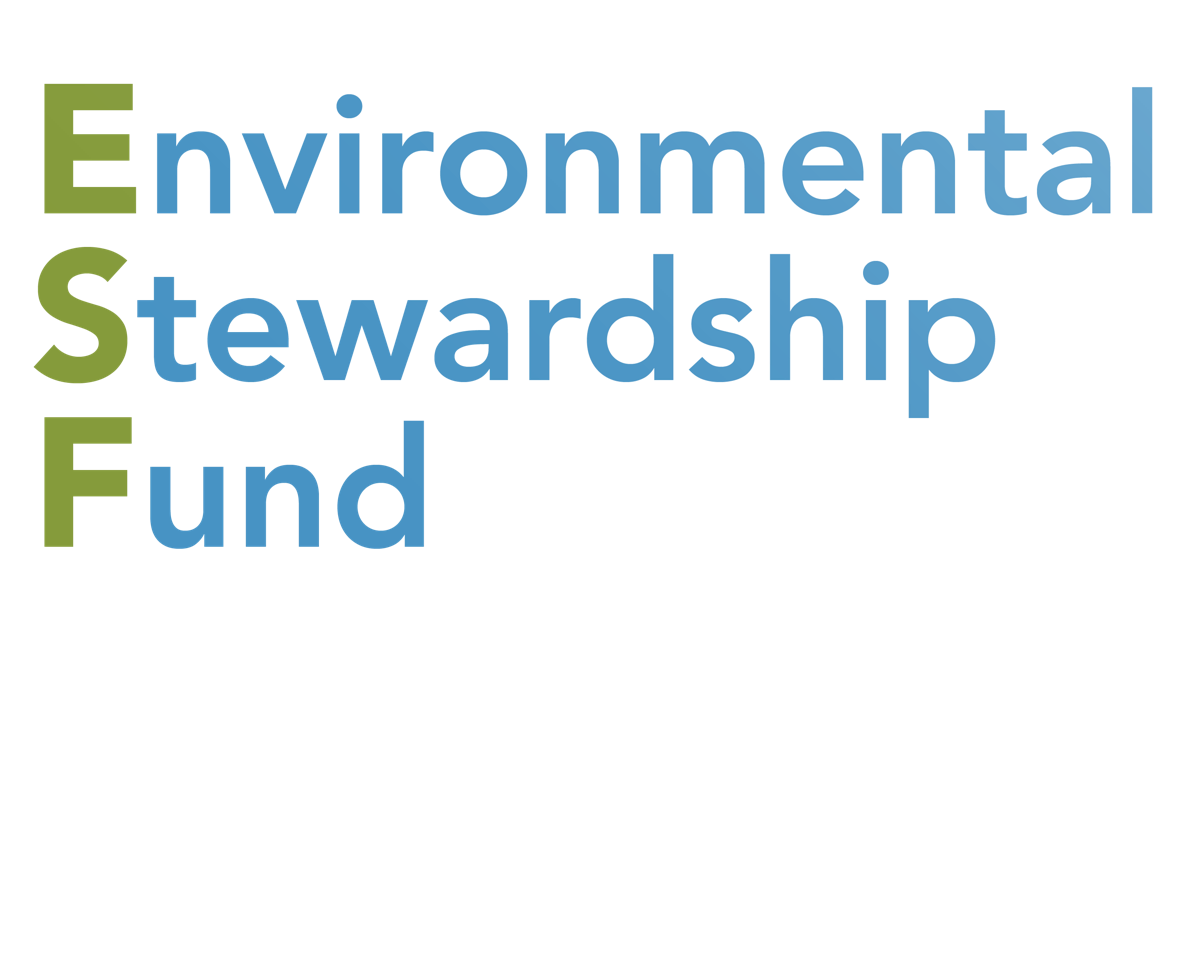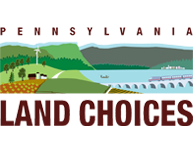WeConservePA is committed to offering educational training opportunities to meet the needs of conservation organizations and individuals involved in conservation efforts. The current schedule appears below. Check back regularly for additional trainings to be added as they come available.
Note that WeConservePA webinars may be recorded and shared depending on the topic and other factors.
SERIES: Understanding the Story Your Appraisal Tells
August 18 and 25, 10:00am – Noon
RECORDING August 18, Session I
RECORDING August 25, Session II
During this 2-part series, participants will have the opportunity to walk through (read) a sample appraisal with the guidance of certified appraisers who will highlight and explain common sections found in most appraisals. The presenters will cover the information required by—and the differences between—the Uniform Standards of Profession Appraisal Practice (USPAP), Uniform Appraisal Standards for Federal Land Acquisition (Yellowbook), and the IRS appraisal standards. Participants will learn how this information can be used to sell the project to their boards of directors, landowners, and funders. The session will also explain what land trusts should ask for in an appraisal report.
Presenters

Gregory Snyder
Michael Burket
Model Grant of Conservation Easement Webinar Series
Pennsylvania Model Grant of Conservation Easement: How it Works and Can Work For You
A deep dive into the Model Grant of Conservation Easement, this webinar series provides users with an in-depth look into how the model grant of conservation easement work and how it can work for your conservation organization.
Session 1 (May 13): The Roadmap to Conservation and Tax Deductibility (focus on article 1) | Recording
Session 2 (May 20): Planning for the Future (focus on article 2 and stewardship funding arrangements) | Recording
Session 3 (May 27): Preserving Natural Habitat and Identifying Areas to Accommodate More Intensive Uses (focus on articles 3 and 5) | Recording
Session 4 (June 10): Providing for Sustainable Agriculture, Forestry, and Other Open-Space Uses (Focus on Article 4) | Recording
Session 5 (June 17): Rights and Duties of Holder and Beneficiaries (focus on article 6) | Recording
Session 6 (June 24): Easement Management in Perpetuity (focus on articles 7 and 8) | Recording
Presenter
 Pat Pregmon
Pat Pregmon
04/17: Build Better Trails Without Breaking a Sweat
April 17, 12:00pm – 12:45pm | RECORDING
Trails represent opportunities to make passive sites into memorable places, engaging people in their environment and facilitating access without damage. But what elements are most important for a successful trail? From alignment and stormwater to material selection and accessibility, the answer is “it depends.” Learn how trail management objectives (TMOs) can help make your trails exceptional long before you break ground and illustrate your vision effectively to potential funders. This session will review trail basics and explore in-depth considerations and best management practices that influence trail design, feasibility, budget, accessibility, maintenance, and environmental impact. Penn Trails’ 2019 work with the Lake Forest Open Lands Association will be used as a case study to illustrate the development of that design from early concept to detailed planning and design, and the ways that flexibility was built into the design thanks to the utilization of TMOs.
Presenters

Sarah Walter
04/17: Planning Outdoor Universal Access for Your Conserved Land
April 17, 10:00am – 10:45am | RECORDING
Why should your land trust or conservation organization intentionally seek to implement aspects of universal design and access for your outdoor environment? Universal design has been called “inclusive design,” “design-for-all,” “lifespan design,” and “human-centered design.” This session will give participants an opportunity to begin answering that question, by introducing the principles of universal design and then applying them to planning within your own specific outdoor environment. Universal design serves to result in the design of products and environments to be usable by all people, to the greatest extent possible, without the need for adaptation or specialized design. This session will include an overview of the difference between ADA-compliance and universal access; why universal access is not just about the person with disabilities; and how an outdoor universal access design plan creates practical opportunities for increased local support of conservation.
Presenters

Larry Knutson
04/15: Planning for Historic Landscapes
April 15, 10:00am – 11:30am | RECORDING
Pennsylvania State Historic Preservation Office (PA SHPO) staff will present case studies illustrating different planning approaches to conserving three unique historic landscapes. In Philadelphia’s Wissahickon Valley Park, SHPO partnered with the city and other stakeholders to identify alternatives for preserving the historic, stream-side Valley Green Inn while addressing challenges such as stormwater management, streambank restoration, and access. At Dromgold Farm, SHPO is working with the Historical Society of Perry County and community partners to explore potential uses that capitalize on its history, open space, and recreational opportunities along Sherman Creek. At the state-owned Eckley Miners’ Village, SHPO is facilitating a dialogue between stakeholders to develop a new, sustainable business model that continues interpreting this historic, 82-acre coal mining town, achieves a planned connection to the Greater Hazleton Rail Trail, and responds to the changing needs of the community.
Presenters
Bryan Van Sweden

John Gardosik
04/09: How Do Pennsylvanians Value Outdoor Recreation?
April 9, 1:00pm – 1:45pm RECORDING
The Pennsylvania Department of Conservation and Natural Resources recently completed its 2020-2024 Statewide Comprehensive Outdoor Recreation Plan (SCORP), which will help guide outdoor recreation strategies, projects, and funding priorities for the next five years. The Pennsylvania Fish and Boat Commission is launching a new strategic plan in 2020 that deals with boating and fishing access, invasive species, habitat improvement, climate change, and more. In this session, you’ll learn from agency representatives about key components of each plan and how they relate to the work of conservation organizations.
Presenters
Diane Kripas

Josh VanBrakle
04/03: Plan Implementation: Going Beyond the Planning Stage
April 3, 2:00pm – 3:15pm RECORDING
Various planning efforts are used by communities and organizations to evaluate their current conditions, document their expected future, and prepare action steps to achieve their community or organizational goals. Such plans include community visioning, municipal comprehensive, and organizational strategic plans. While these plans have similarities as well as differences in overall purpose, process and content, they all can play a role in natural resource conservation projects and practices. No matter the plan type, communities should strive for ultimate implementation of the recommendations and policies that were developed during the creation of the plans. This session will show how the implementation of such plans can direct and impact land use and organizational policy issues. It will also focus on factors (before, during and after plan preparation) that influence plan implementation.
Presenters

Neal Fogle

Peter Wulfhorst
04/03: Easements and Rights of Way in Forests
April 3, 12:00pm – 1:15pm RECORDING
This session will provide an overview of background legal principals related to easements and right of ways. We will discuss how to find out whether your property is encumbered by an existing right of way, practical and legal tips for negotiating new easements, and how to monitor and enforce standards found in existing agreements. In addition, the session will cover legislative updates and recent case law related to these same issues.
Presenters
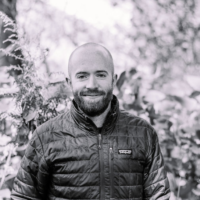
Ryan Hamilton
04/02: Ready or Not: Switching from ArcMap to ArcGIS Pro
April 2, 12:15pm – 1:30pm RECORDING
If you’re still using ArcMap for your GIS, big change is coming. Esri is transitioning from ArcMap to ArcGIS Pro. That means, ready or not, you are too. With support for some ArcMap versions ending as soon as this year, the time to plan your Pro transition is now. This two-part session will introduce you to ArcGIS Pro. Part 1 will give you tips on transitioning to this brave new GIS world. Then in Part 2, we’ll use ArcGIS Pro in a live demo to see not only how to use the software, but how to go beyond the defaults, save time, and make better maps than you thought possible. In this session, you’ll learn:
- When your version of ArcMap will no longer receive updates
- What you’ll need to migrate to Pro—and how to do it
- New ways to find data and use it more efficiently
- Time-saving tricks for viewing and processing data
- Simple tools to create rich, beautiful maps that look like you spent days on them (when really you spent minutes)
Leave ArcMap in the dust. Get ready to live.
Presenters
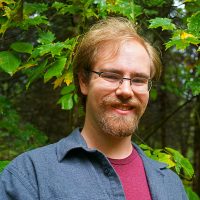
Josh VanBrakle
04/02: Farmland Preservation for a New Generation
April 2, 10:00am – 11:30am RECORDING
As the average age of farmers in Pennsylvania rises, farmland is being developed at a breakneck pace. According to the United States Agriculture Census, between 2012 and 2017, the commonwealth lost more than 6,000 farms, with 400,000 acres transitioning out of farmland. We know for national and state data that farmers entering agriculture today are different in several key ways than their predecessors, and that young farmers are facing enormous barriers to accessing affordable, secure farmland.
In this session, Karen Gardner, Pennsylvania policy associate for the National Young Farmers Coalition, will share the results of the Coalition’s extensive research and conversations with young farmers in Pennsylvania, highlighting the challenges young farmers face when accessing land and detailing strategies to keep farmland in agriculture and affordable to farmers. She will be joined by a farmer from the Coalition’s network in Pennsylvania, and a participatory discussion will follow the presentation.
Presenters
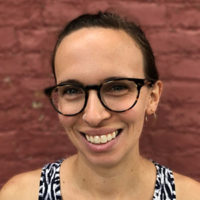
Karen Gardner
Holly Rippon-Butler
04/02: Program Evaluation Methods for Environmental Outreach
April 2, 2:15pm – 3:30pm RECORDING
Outreach professionals in natural resources and environmental topics offer important services to society. Unfortunately, most educators have difficulty assessing their impact on audiences, which is needed to improve programming, demonstrate success and help secure future program funding. Easy to use methods for strategically assessing short-term impact were recently developed by Melissa M. Kreye at Penn State University.
In this session Dr. Kreye will present these methods and discuss how they can be used to enhance the success of environmental outreach programs. Participants will learn easy and efficient ways to use survey questions to obtain meaningful measures of change in adult audience knowledge and motivation to change behaviors. Participants will also learn how to collect survey data that will allow for advanced forms of statistical analysis (e.g., regression, principal components analysis) and model building which can be used to predict potential broader impact. These techniques are particularly useful for educators who want to reach new/uninformed audiences, or programs that address collective action issues to advance the common good (e.g., invasive plants).
Presenters
